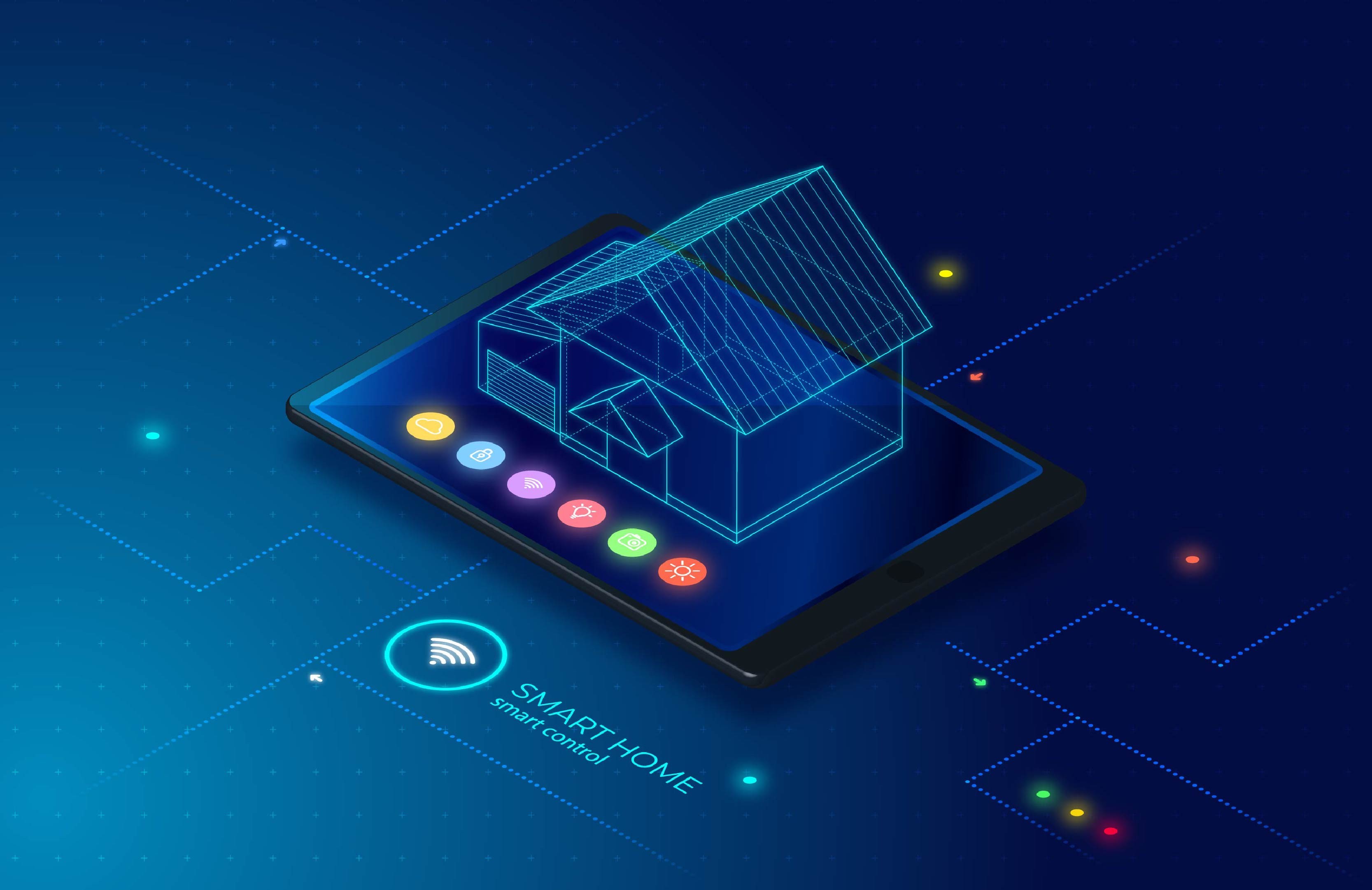Revolutionizing Real Estate: Exploring the Impact of IoT Technology

In an era of rapid technological advancements, the real estate industry is embracing innovative solutions that are reshaping the way properties are managed, operated, and experienced. One such revolutionary force is the Internet of Things (IoT) technology. From smart homes to efficient property management, IoT is transforming the landscape of real estate. In this blog, we delve into the various ways IoT technology is being leveraged within the real estate sector.
1. Smart Homes: Redefining Living Spaces
The concept of smart homes has evolved from science fiction to reality, thanks to IoT technology. Homeowners can control lighting, HVAC systems, security cameras, and even appliances remotely through their smartphones. This level of automation enhances convenience, energy efficiency, and security.
2. Energy Efficiency and Sustainability
IoT-enabled sensors and devices allow real-time monitoring of energy usage within buildings. Smart thermostats adjust temperatures based on occupancy patterns, and intelligent lighting systems adjust brightness according to natural light availability. These practices not only reduce energy consumption but also contribute to sustainable building practices.
3. Predictive Maintenance
IoT sensors can monitor the health of building systems and equipment, providing real-time data on performance and potential issues. Facility managers can identify maintenance needs before they become critical, reducing downtime and improving overall efficiency.
4. Enhanced Security and Safety
IoT technology offers advanced security solutions, such as smart locks, video surveillance, and access control systems. These systems can be remotely managed, providing homeowners and property managers with real-time updates and the ability to respond to potential security breaches.
5. Streamlined Property Management
For property managers, IoT streamlines operations. Smart sensors track occupancy rates, monitor foot traffic in common areas, and optimize building services like cleaning and maintenance. Additionally, asset tracking systems help manage inventory and equipment efficiently.
6. Data-Driven Decision Making
IoT generates vast amounts of data that can be analyzed to gain insights into tenant behavior, space utilization, and energy consumption patterns. This data-driven approach empowers real estate professionals to make informed decisions that improve tenant satisfaction and operational efficiency.
7. Enhanced Tenant Experience
IoT enhances tenant experience by offering smart amenities like communal spaces with connected devices, mobile apps for service requests, and personalized experiences tailored to individual preferences.
8. Future Trends and Challenges
As IoT technology continues to evolve, the possibilities are limitless. From integrating virtual reality for property tours to utilizing AI-driven insights for investment decisions, the future of real estate is likely to be deeply intertwined with IoT. However, challenges such as data security, interoperability, and privacy concerns must be addressed as the technology advances.
Conclusion
The integration of IoT technology into the real estate sector is more than just a trend; it's a transformative force that enhances efficiency, sustainability, and tenant experiences. From redefining the way we interact with our living spaces to optimizing property management processes, IoT is propelling the real estate industry into a future where innovation and connectivity reign supreme. As the IoT ecosystem expands, real estate professionals have a unique opportunity to leverage these technologies to create smarter, more sustainable, and more responsive properties.
Looking for a dream home?
We can help you realize your dream of a new home

Comments
Danny Mulyansalu
1 year agoGood